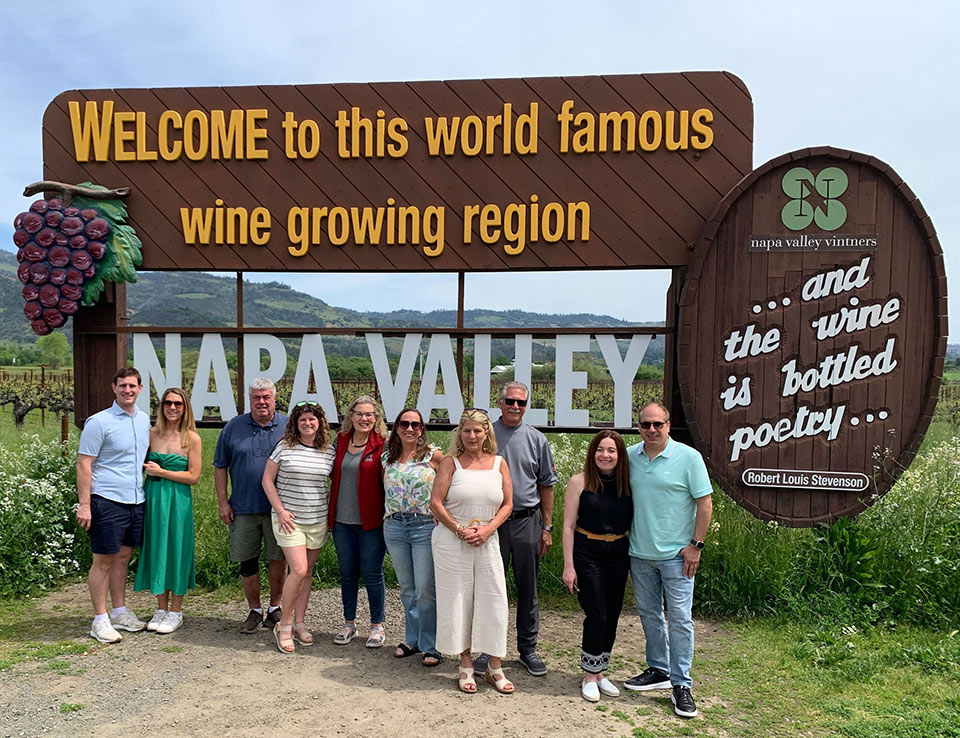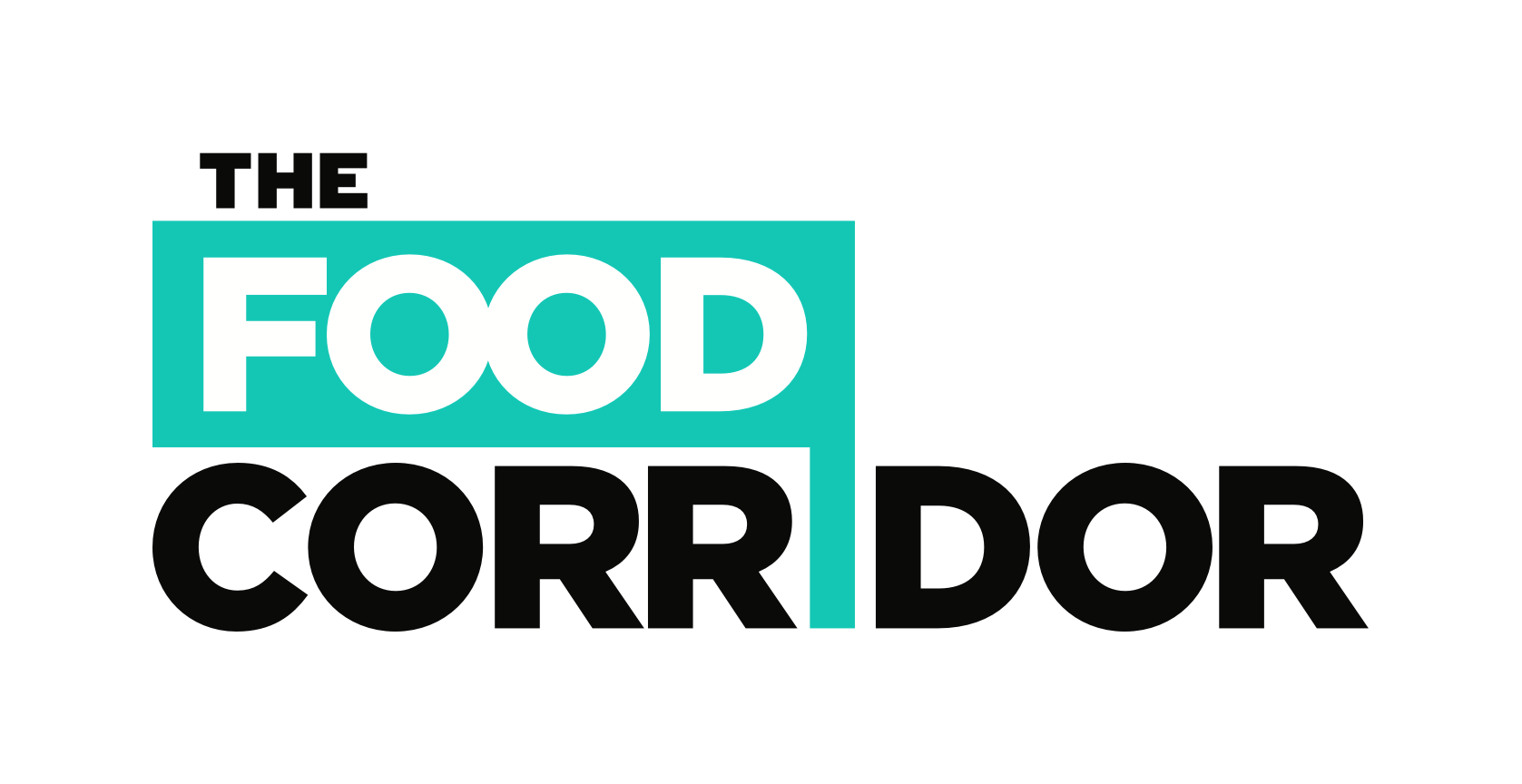When Don opened his Platypus Wine Tours company over two decades ago, shared kitchen operations weren’t even on his radar. His fleet of buses shuttled visitors through Napa Valley’s vineyards, and picnic lunches were just a nice touch along the way.
But as the business grew, so did the logistics. Packing lunches off-site became inefficient and unreliable. So when Don purchased commercial property to house his fleet, he had an idea: why not build a kitchen onsite to prep the lunches in-house?

“It made sense—but building a commercial kitchen is expensive. So I thought, if I make it a little bigger, I can bring in food entrepreneurs to help cover the mortgage.”
And just like that, Don found himself running a shared kitchen.
From Lunch Station to Landlord—The Growing Pains
Don spent the first few years “wandering around in the wilderness,” trying to manage tenant relationships himself. He posted Craigslist ads, gave tours, and collected payments manually.
“It wasn’t a satisfactory experience. We were chasing people for money, constantly negotiating with tenants who were walking over me, and dealing with all the logistical issues you’d expect from running a shared kitchen without the right tools.”
Trying to juggle both the kitchen and his wine tour business became overwhelming.
“It was taking too much of my focus away from my primary business.”
Then COVID hit. Tours stopped. Some of his tenants—mostly caterers—went under. But the forced pause gave Don time to rethink everything.

A Fresh Start—and a Real System
“During this time, when I had time on my hands, I went searching—and I found The Food Corridor.”
Don started researching how other shared kitchens were run and quickly realized he wasn’t alone.
“This was the first platform that felt like it was built for a space like mine. It seemed reasonable, organized, and kitchen-specific.”
He began rebuilding his operations using The Food Corridor. Once he adapted the layout and policies of his kitchen to align with the software, everything clicked. He started attracting the right kind of tenants: small-scale producers, farmers market vendors, and food truck owners.
“We sort of evolved into more of an incubator. During COVID, a lot of people were leaving corporate jobs, getting PPP loans, and deciding to chase their food dreams. We were in a unique position to benefit from that shift.”
Napa’s foodie culture helped fuel the kitchen’s growth. Don now advertises on The Kitchen Door and Craigslist, but most new tenants come through referrals—farmers markets, food truck circles, or word-of-mouth from current renters.
“I’m at 45 tenants now, and it just goes really smoothly.”
“Will There Be an Oven Available?” Easy Questions Now Have Easy Answers
“Everyone’s got concerns when they tour: Will there be space? Will the oven be available? Now those are easy questions to answer.”
With The Food Corridor’s real-time scheduling and built-in tools for billing, compliance, and document storage, Don not only runs his kitchen more effectively—but makes a great impression on prospective tenants.
“They can upload their documents, stay in compliance, and I can pull everything up instantly. When the health inspector came recently, we were done checking documents in under 45 minutes. The system just works.”
45 Tenants. 3 Hours a Month. No Staff.
Don now manages 45 tenants in just 2–3 hours per month—with no dedicated kitchen staff.
“Before, I was putting in triple the hours and getting half the results. Now I’m getting a very satisfying result for the few hours I put in each month. It’s amazing.”
His wine tour team, already on-site prepping lunches, helps keep the space clean. Everything else—scheduling, billing, compliance, communication—is handled by the platform.
“Without The Food Corridor, I’d need to hire someone just for billing and scheduling. I don’t know how many spreadsheets it would take to do what it does for me.”
Other platforms, he notes, aren’t built for kitchens. They don’t offer equipment rentals, storage tracking, or automated compliance.
Small Renters, Big Wins
The kitchen’s pricing starts at $200/month for 12 hours of kitchen time—an entry point that makes it accessible to early-stage businesses.
“Some operators only come in a few hours a month, but they have access to a full commercial kitchen. It’s a screaming deal for them—and when they grow, they start using more time, more storage, and even the food truck hookups on-site.”
Don added plug-in parking spots for 15+ food trucks on his property—turning unused land into a low-effort revenue stream.
Using Leads Manager to Stay Organized and Grow
Don also uses Leads Manager to keep track of incoming interest.
“Before, I had scraps of paper and reminders everywhere. Now I know exactly who’s interested, where they are in the process, and when to follow up. Some people take 9 months to sign—but now I don’t lose track.”
He uses The Kitchen Door’s intake form to gather key details like budget and hours needed. While not always precise, it gives him a useful starting point before scheduling a tour.

A Quiet Incubator with a Loud Impact
Though Don doesn’t run a formal incubator program, his kitchen has helped dozens of food businesses grow and thrive.
“Tenants outgrow us all the time. They move into their own space or open a brick-and-mortar—and that’s something to celebrate. We still see each other around town—at markets, events, food truck rallies. It’s built a little network of friends.”
That personal impact has meant the most.
“These are good, hardworking people. They lend each other equipment, jump in on big orders. It’s a cool little ecosystem. I walk into town and I know so many faces now because of this kitchen.”
Defining a Niche—and Protecting It
Don has shaped his kitchen intentionally—removing deep fryers, for example, to maintain cleanliness and attract health-conscious tenants.
“That decision helped define who we are. I get more interest from healthy food vendors now, and I’m okay giving something up to be a better fit for the people I want here.”
The space itself reflects that care—clean, open, well-lit, and modern.
“It’s a new buildout—air-conditioned, skylights, super clean. When people tour other kitchens and then see ours, they’re usually pretty impressed.”
Why He’ll Never Go Back
“If I didn’t have The Food Corridor, I’d need a full-time employee just to manage this. With it, I run a profitable kitchen in a few hours a month—and I’ve built something meaningful.”
By focusing on efficiency, structure, and community, Don transformed a side kitchen into a thriving food entrepreneur hub—without burning out or sacrificing his original business.
“I found a niche. And The Food Corridor helped me build a business around it.”
To get connected with Don:
Book a tour at Platypus Wine Tours
Cook in Don’s Kitchen and grow your food business


